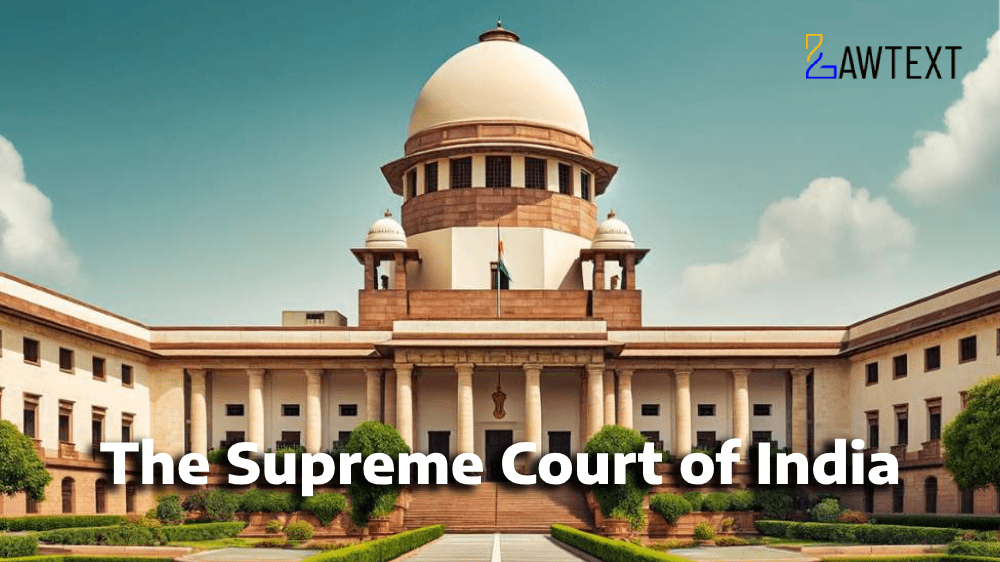

The Supreme Court addressed an appeal challenging the dismissal of a criminal petition seeking to quash a chargesheet related to loan defaults, forgery, and conspiracy. The appellants were wives of the main accused and were alleged to be part of a conspiracy. The Court quashed the criminal proceedings, emphasizing that the matter had been settled between the bank and the accused, making continued prosecution unnecessary.
Indian Penal Code (IPC):
Prevention of Corruption Act, 1988:
Code of Criminal Procedure (CrPC):
[Para 2-3]
Background:
The case involves fraud committed by K. Suresh Kumar (Accused No. 1) and others by submitting fake title deeds to secure loans from the Indian Bank, Hyderabad. The bank later discovered the documents were forged, prompting a complaint to the Central Bureau of Investigation (CBI).
[Para 3.7-3.10]
One Time Settlement (OTS):
During the pendency of proceedings, the accused and the bank settled the loan dispute through a One Time Settlement (OTS) of ₹3.8 crores, following which the bank issued a No Dues Certificate.
[Para 3.11]
Dismissal by High Court:
The High Court refused to quash the chargesheet despite the settlement, stating that private settlement cannot absolve individuals of criminal liability for grave offenses.
[Para 4-7]
Appeal to Supreme Court:
The appellants, Accused Nos. 3 and 4, argued that they had no active involvement in the fraud and sought quashing of the charges based on the settlement with the bank. They cited various Supreme Court judgments allowing quashing of criminal proceedings in similar civil disputes.
[Para 16-25]
Legal Precedents:
The appellants relied on precedents like Nikhil Merchant v. CBI and Gian Singh v. State of Punjab to argue that where disputes overwhelmingly bear civil flavor and have been amicably settled, criminal proceedings can be quashed.
[Para 31-35]
Supreme Court Decision:
The Supreme Court, after reviewing the facts, observed that the loan dispute had been fully settled and continuing the prosecution would be futile. Since the allegations had a civil character, the proceedings were quashed under Section 482 CrPC.
The Supreme Court ruled that when a dispute predominantly of civil nature has been resolved through a settlement, especially in cases involving commercial transactions or financial disputes, continuing criminal proceedings would not serve the ends of justice. It reiterated that even non-compoundable offenses can be quashed if the likelihood of conviction is remote and the case is largely civil in nature, provided it does not involve heinous crimes or serious offenses against society.
Quashing of Criminal Proceedings, Loan Fraud, One Time Settlement (OTS)
Quashing under Section 482 CrPC, Loan Default, Forgery, Indian Penal Code, Prevention of Corruption Act, CBI, Telangana High Court Judgment, Supreme Court Judgment.
Citation: 2024 LawText (SC) (10) 36
Case Number: CRIMINAL APPEAL NO. ________OF 2024 [Arising out of Special Leave Petition (Criminal) No.4353 of 2018]
Date of Decision: 2024-10-03
Case Title: K. BHARTHI DEVI AND ANR. VERSUS STATE OF TELANGANA & ANR.
Before Judge: (B.R. GAVAI J. , K.V. VISWANATHAN J.)
Appellant: K. BHARTHI DEVI AND ANR.
Respondent: STATE OF TELANGANA & ANR.